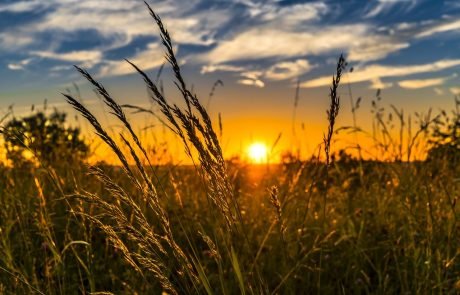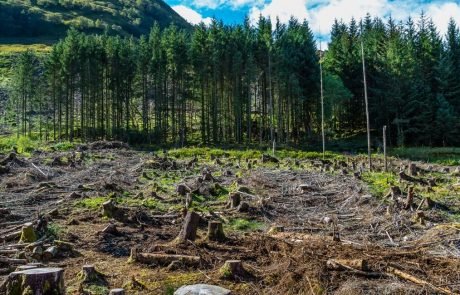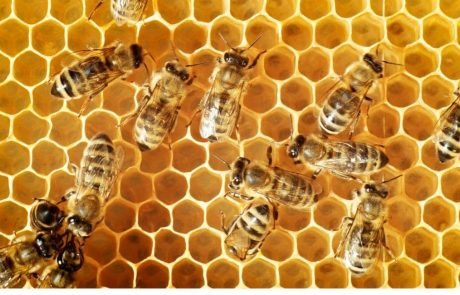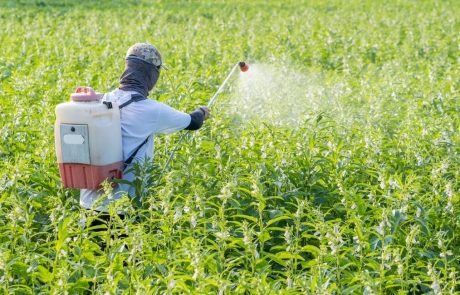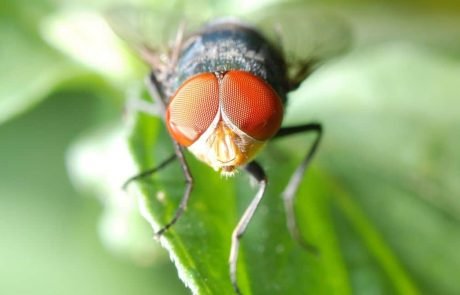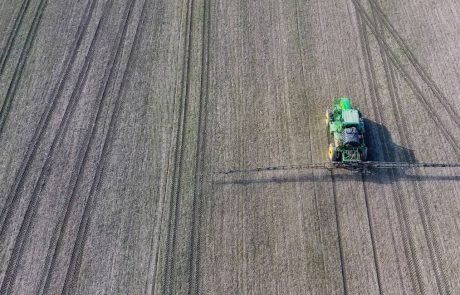Europe’s quest to confront climate change and achieve carbon neutrality is being undermined by “Big Ag”? That’s not my claim. It’s the latest in a series of attacks on those
All posts in agriculture
US agriculture chief Sonny Perdue didn’t mince words during a recent webinar on food security in the US and the EU, lobbing strong criticism at the EU’s recently released Farm
Declining wild bee populations translate directly into decreased crop yields, according to a new study published last month in Proceedings of the Royal Society B (1). Five of the seven
Methane emissions have hit record levels, with agriculture and fossil fuel sources equally to blame, according to a new paper published on 15 July in Environmental Research Letters (1). Over
On Wednesday, the European Commission revealed its proposed biodiversity strategy to protect nature and restore ecosystems. The ambitious long-term plan, finally unveiled on 20 May following a number of postponements
The groundbreaking documentary Food Evolution offered the general public a science-based introduction to crop biotechnology, revealing how activists attack it and debunking some of the more pernicious myths about GMOs
Engineered strains of bacteria could help protect honeybees by producing RNA that targets deadly mites and the dangerous viruses they carry. The modified bacteria increased the chance of survival by
Identifying optimal crop rotation strategies could improve long-term yields and reduce pesticide use, according to a new paper published on 16 January in PLOS Computational Biology (1). The authors used
Over 70 scientists from around the world have banded together to release an urgent call to action to reverse rapidly declining insect numbers (1). In a letter published on 6
Nitrous oxide (N2O) emissions are increasing much faster than previously thought, according to a new study published last week on 18 November in Nature Climate Change (1). In particular, emissions

